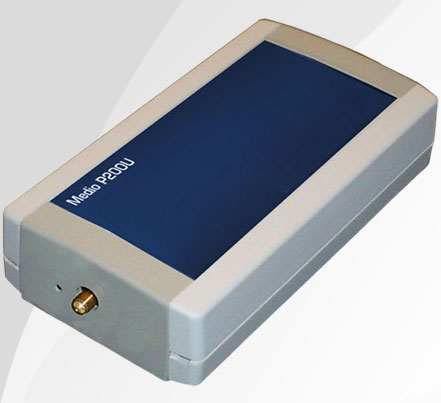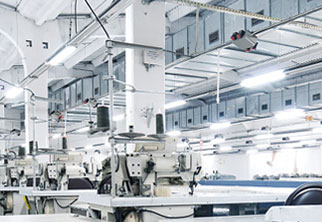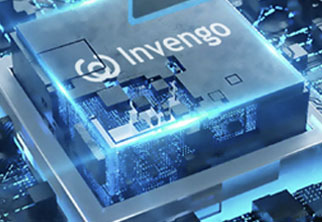
-
Invengo RFID
- Invengo Lombard
- Invengo xWing™
- Invengo Great Wall™
- Invengo Bullet
- Invengo Butterfly™
- Invengo Qin
- Invengo GEM
- Invengo Button
- Invengo Scorpion
- Invengo Shamrock
- Invengo Tome
- Invengo NTouch HF Inlays & NFC Inlays
- Invengo NLoop HF Tags & NFC Tags
- Invengo Bookmark-HF & NFC Inlays & Tags-NXP ICODE
- Industries
- Support
- About Invengo
- Contact Us
 EN
EN
 ja
ja  ko
ko  fr
fr  de
de  es
es  it
it  ru
ru  pt
pt  ar
ar 








